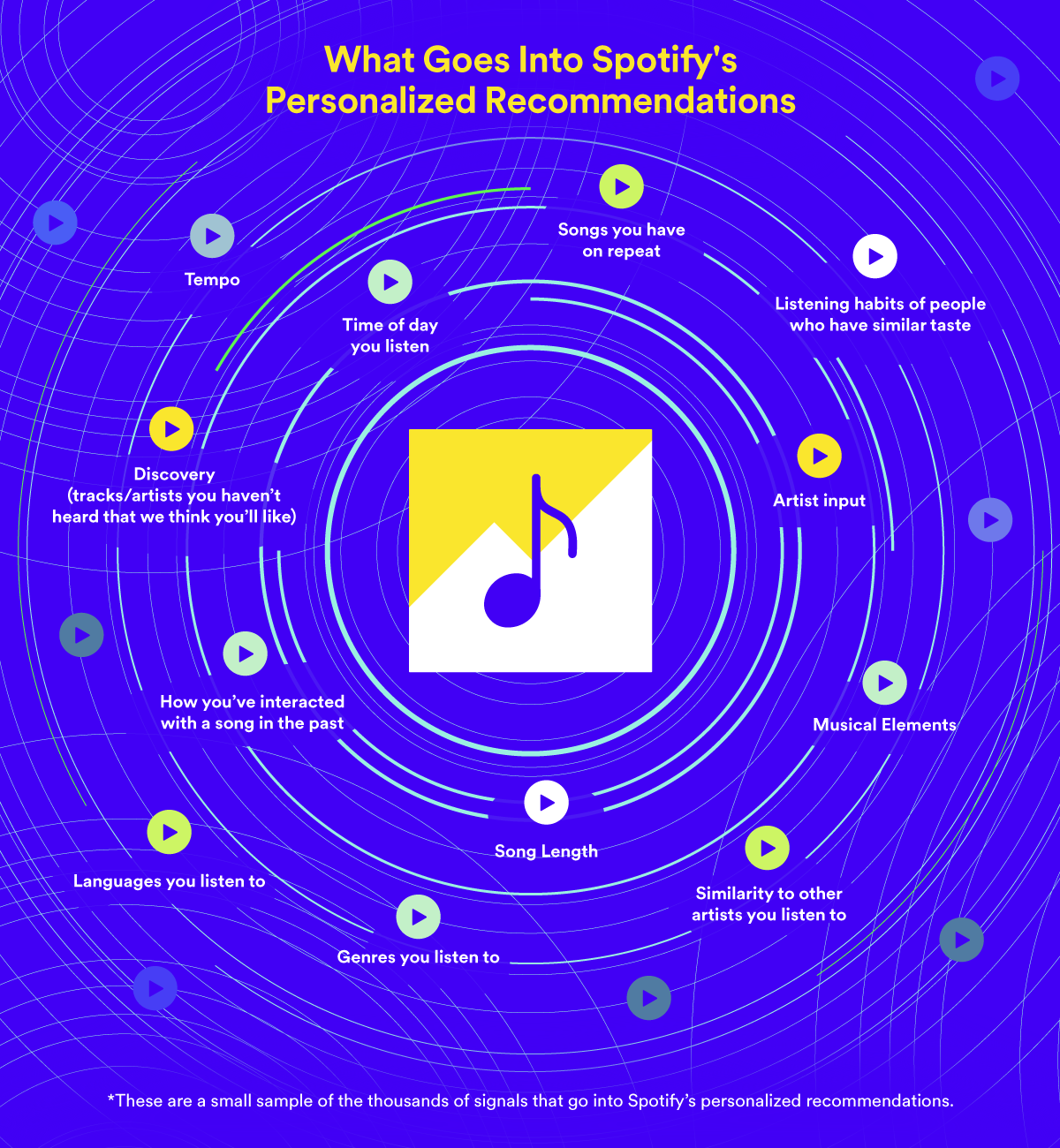After discussing Spotify’s market structure, we will discuss the problem behind its playlists. We argue that Spotify’s recommendation system will always make independent artists disadvantaged, and its market power is strong enough to dominate what users listen to. Eventually, the “rich” will continue to be “rich” and the “poor” will be “poorer”.
In 2020, Spotify released a new marketing strategy regarding its recommended playlists — “Artists and labels can identify music that’s a priority for them, and our system will add that signal to the algorithm that determines personalized listening sessions” as long as “labels or rights holders agree to be paid a promotional recording royalty rate for streams in personalized listening sessions where we provided this service.” (Spotify 2020). This strategy is essentially a new form of payola in the digital streaming industry because artists and labels need to “pay” for Spotify to “play” what they want users to hear the most. This option for artist input is also a new type of competition that gives artists pressure to win more exposure by paying more for their music. “The required royalty cut ends up being so steep that working artists and independent labels cannot even afford to pay it, clearing the field for major record labels and pop megastars to swallow up even more of the streaming pie. This means that working artists, independent labels, and above all music fans looking to expand and diversify their listening end up losing out” (The Artist Rights Alliance’s). This new experiment is very unfriendly to independent artists who do not have the money and the market, and it will future make Spotify’s playlists biased towards major labels and popular artists.

(Spotify 2020)
The music recommendation system is a pure technology of algorithm and computing that aims for helping people find what they want to hear. Its essence is neither good nor bad. But it could get biased when the designers behind it have specific intentions. “If you can market a good playlist on Spotify and get lots of followers, you can kind of control, what goes on those, and so companies have an incentive to do that.” According to Dr. Turnbull, the recommendation system is a circle that widens the gap between the “rich” and the “poor”. When Spotify and the major labels get large enough followers and listeners in their recommended playlists, they have the power to direct the publics’ taste through songs it recommends. It has substantial effects on which new artists and songs become discovered, and it will always be difficult for independent artists who do not have powerful organizations behind them to squeeze into the market and be successful.
